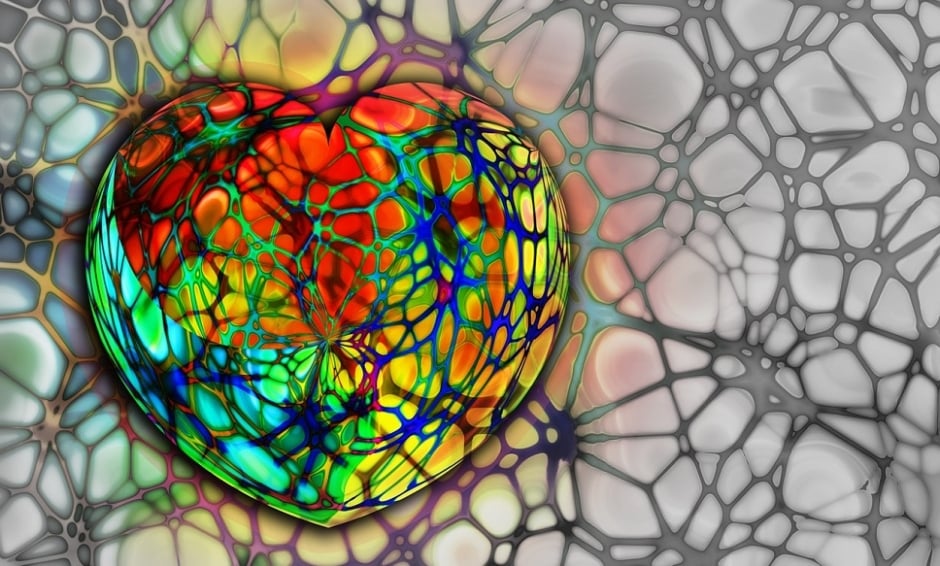SURGICAL STENT implantation within Type 2 diabetes mellitus (T2DM) patients is an operation of limited long-term success, due to the accelerated rate at which these patient’s arteries will likely become reblocked. Already at a greater risk of developing cardiovascular disease, this problem is then further augmented for the patient as they will possibly need multiple rounds of surgery. Now, researchers at the Joslin Diabetes Centers, Boston, Massachusetts, USA, have catalysed a route of further advancement in the development of stents aimed at these individuals.
Compared with non-diabetic patients, the vascular smooth muscle cells of T2DM patients are known to migrate and proliferate at a significantly amplified rate, enhancing arterial restenosis following angioplasty. At present, data has already confirmed that Src homology 2-containing protein tyrosine phosphatase 1 (SHP-1) coating on vascular stents can slow this accelerated growth; however, its particular link to failure of procedures in T2DM is yet unknown.
To investigate this, Prof George King, Joslin’s Chief Scientific Officer and senior author of the paper, and team analysed the enzyme expression within genetically-modified insulin resistant rats and mouse models, finding that SHP-1 expression was decreased in the arteries of both rodent types, further confirmed when studying the levels of patients with T2DM.
Following the genetic modification of mice to express SHP-1 at high levels, Prof King and his team used femoral artery wire injury to demonstrate that the arteries of the mice fed a high fat diet were considerably less clogged following the procedure compared with control mice. It was found that the vascular endothelial smooth muscle cell SHP-1 expression was in fact, reduced as a result of high lipid levels, rather than that of glucose.
It is hoped that this information and the augmentation of SHP-1 levels will be used further to develop a therapeutic strategy aimed at the maintenance of stent viability post-procedure. Prof King commented, “We hope our research encourages ideas about how to address this problem for people with diabetes. The more ideas that come up, the greater the chances that we can achieve such a needed treatment.”
(Image: freeimages.com)








